California Tax Experiment: Policy Makers Receive Valuable Economics Lesson
/0 Comments/in COVID Economy, Economic Opportunity, Featured, Graduated Income Tax, Podcast Hubwonk /by Editorial StaffHost Joe Selvaggi talks with Stanford University Economics Professor Joshua Rauh about his research on the reaction of Californians to a tax increase, from his report, “The Behavioral Response to State Income Taxation of High Earners, Evidence from California.” Prof. Rauh shares how his research offers tax policy makers insight into the likely effects of similar increases in their own states, including here in Massachusetts.
Related: New Study Finds Tax Policy Drives Connecticut’s Ongoing Fiscal & Economic Crisis
Guest:
 Joshua Rauh, originally from Newton, MA., is a Professor of Finance at the Stanford Graduate School of Business, a Senior Fellow at the Hoover Institution, and a Research Associate at the National Bureau of Economic Research (NBER). Professor Rauh’s research on state and local pension systems in the United States has received national media coverage in outlets such as the Wall Street Journal, the New York Times, the Financial Times, and The Economist. He is an Associate Editor of the Journal of Finance and an editor of the Journal of Pension Economics and Finance and the Review of Corporate Finance Studies. He holds a BA degree in economics, magna cum laude with distinction, from Yale University and a PhD in economics from the Massachusetts Institute of Technology.
Joshua Rauh, originally from Newton, MA., is a Professor of Finance at the Stanford Graduate School of Business, a Senior Fellow at the Hoover Institution, and a Research Associate at the National Bureau of Economic Research (NBER). Professor Rauh’s research on state and local pension systems in the United States has received national media coverage in outlets such as the Wall Street Journal, the New York Times, the Financial Times, and The Economist. He is an Associate Editor of the Journal of Finance and an editor of the Journal of Pension Economics and Finance and the Review of Corporate Finance Studies. He holds a BA degree in economics, magna cum laude with distinction, from Yale University and a PhD in economics from the Massachusetts Institute of Technology.
Get new episodes of Hubwonk in your inbox!
Related Posts:

The Housing Crisis has a Hand in Massachusetts Out-migration Trends

Latest IRS Migration Data Show Exodus from Massachusetts Continues
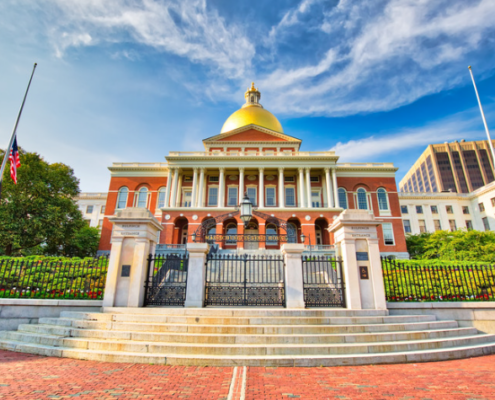
Massachusetts Legislature Procrastinates Once Again

Study Finds Prevalence of Entrepreneurship Tied to Regulatory Environment, Portion of Immigrants

Thoughts on Outmigration and Competitiveness

Study Finds Supply Shortage at the Heart of Greater Boston Housing Crisis

Commentary On The Senate Ways And Means Committee FY2025 Budget

Pioneer Statement on Continuing Slide in Massachusetts’ Revenue
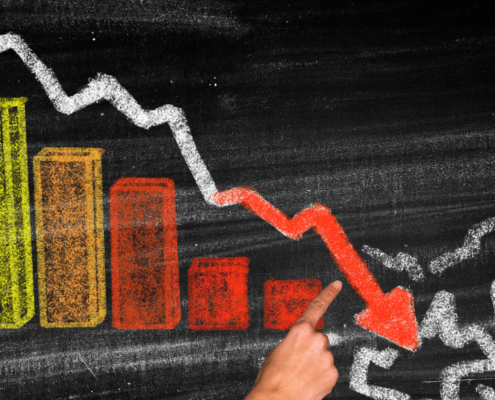
Pioneer Statement on Decline in State Revenues

Skill-based immigration could ease labor shortage
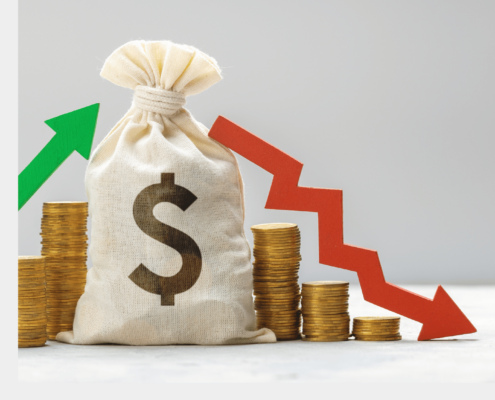
My Musings on Massachusetts’ Fiscal Picture
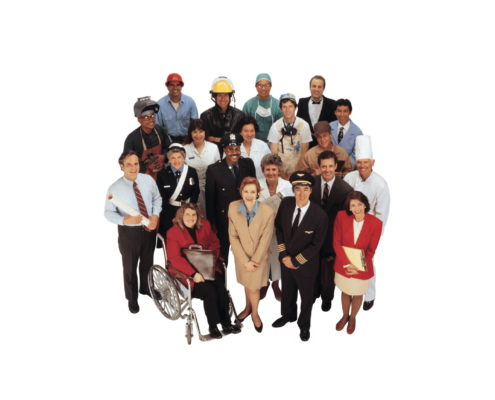
The Massachusetts Workforce: Abundant Resources, Steep Challenges

Statement on Massachusetts Falling from 34th to 46th on Tax Foundation’s 2024 Business Tax Climate Index
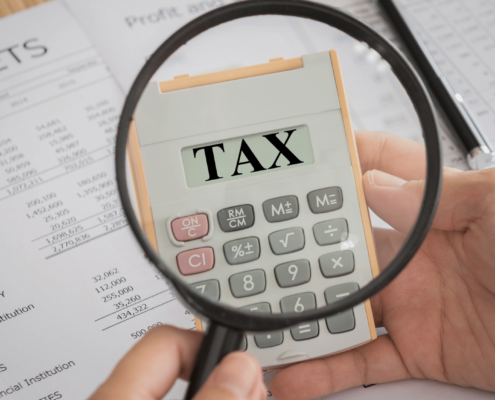
Pioneer Institute Statement on the State Legislature’s FY2024 Tax Relief Package

Poll: MA Voters Oppose Legislative Proposals to Change Tax Rebate Law

A Tale of Two Massachusetts: Wealth and Labor Differences Between East and West
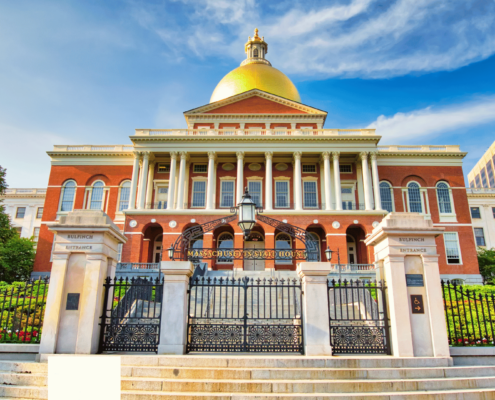
Senate Tax Package Misses the Mark on Competitiveness



